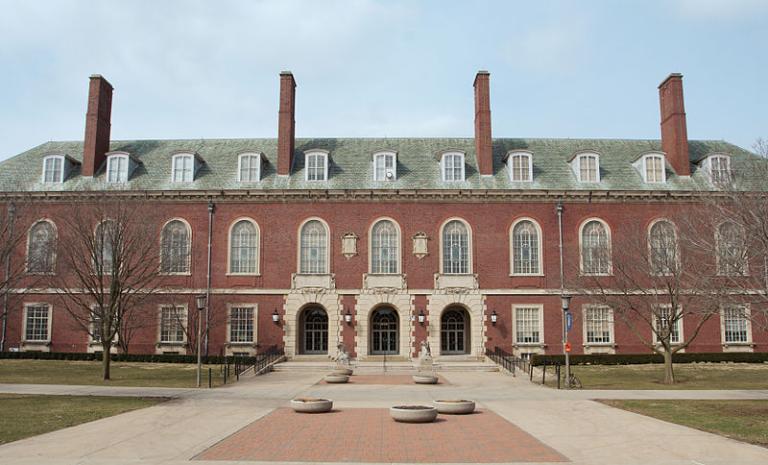In the local news is the newly-announced program at the local community college, the “Harper Promise,” which is intended to provide eligible students (beginning with next year’s incoming freshmen, so too late for my firstborn) with free tuition (meeting the gap after any federal financial aid has been received) for students who meet specified criteria. Here’s an article from the Tribune (or access here if it’s paywalled), and here’s the description of the program itself from the website.
What do I think?
I am cautious, to begin with, because I am, after all, a taxpayer. They say they’re using “savings” (that is, funds accumulated that could otherwise be spent on general educational programs, offsets to tuition, reducing the need for future tax increase) to fund the program, as well as planned funds from donors. Will this be enough? They’re estimating their costs based on the number of current students who would be eligible, but aren’t factoring in potential students who’ll be drawn there who would have otherwise attended a 4-year college. And according to the Tribune:
The challenge for any such program is how to pay for it. McHenry County College offered a similar free ride program several years ago using $3.5 million in pledged donations from three donors. But officials said so many students took advantage of it that the college couldn’t afford to continue and dropped the program after one year, spokeswoman Christina Haggerty said.
On the other hand, if they truly can get enough additional funds to make this work, rather than needing to continue to contribute general funds, then, hey, if a donor who would have otherwise funded a showpiece building at a 4-year school somewhere, chooses this program instead for their money, that’s a good thing. (I don’t know how likely this is — major donors want their names attached to buildings, not just pooled with other funds anonymously.)
And I do like the fact that the demands they are making of students aren’t trivial: students have to graduate on time, rather than pulling out a GED afterwards, and, more significantly, students need to place into college-level composition and math, rather than remedial classes. (I’ve said before that colleges shouldn’t be in the business of remedial classes — this should be the responsibility of the local secondary school district — and at any rate, no financial aid should be funding remedial classes.)
By the way: just as a reminder, I encourage you to follow the link over to my facebook page periodically, whether or not you are a regular facebook-er. That’s where I save all the random links that I come across, whether of general interest or for potential blog posts.












